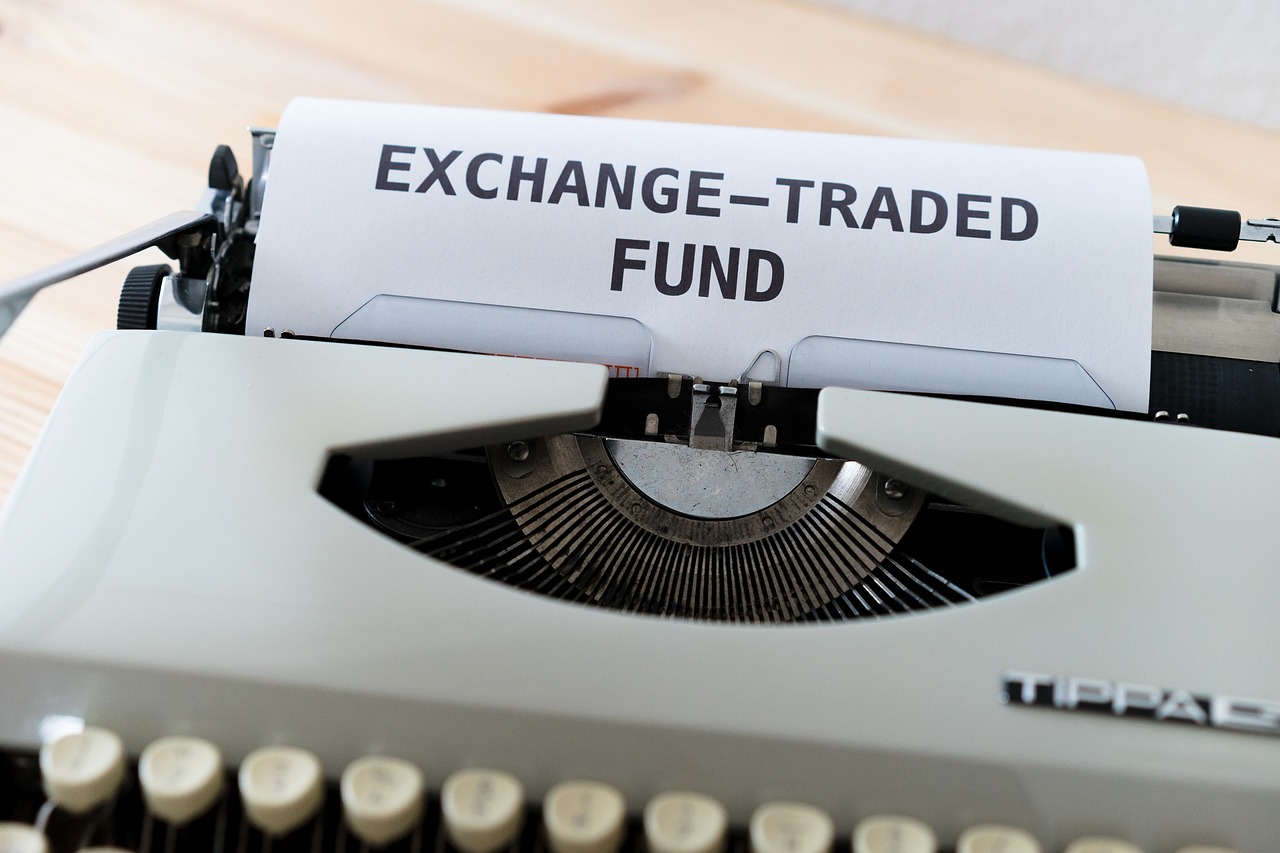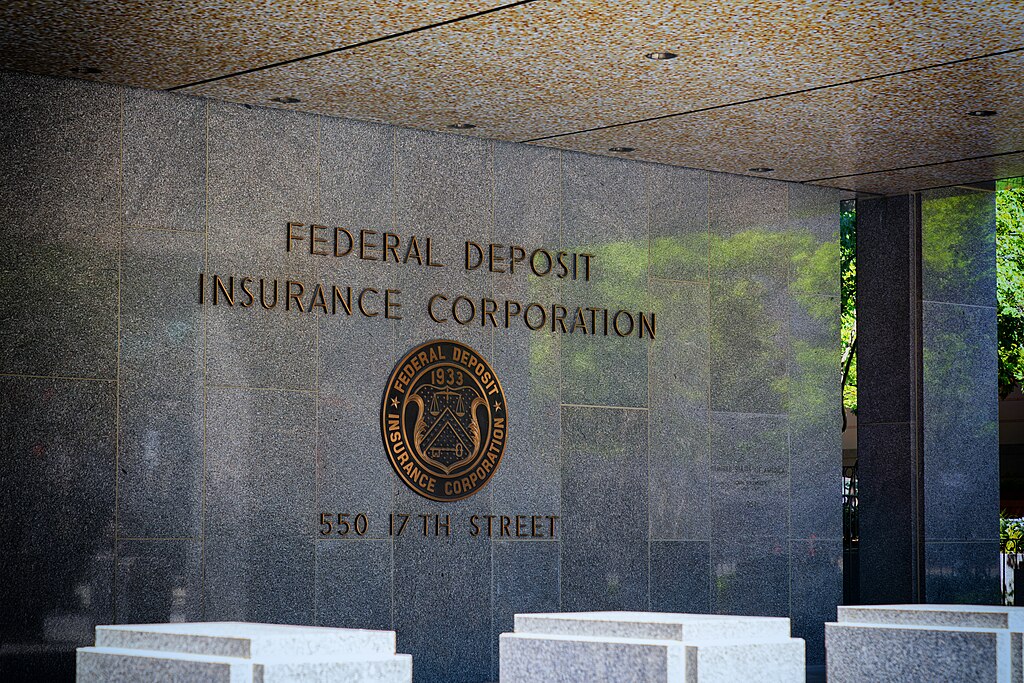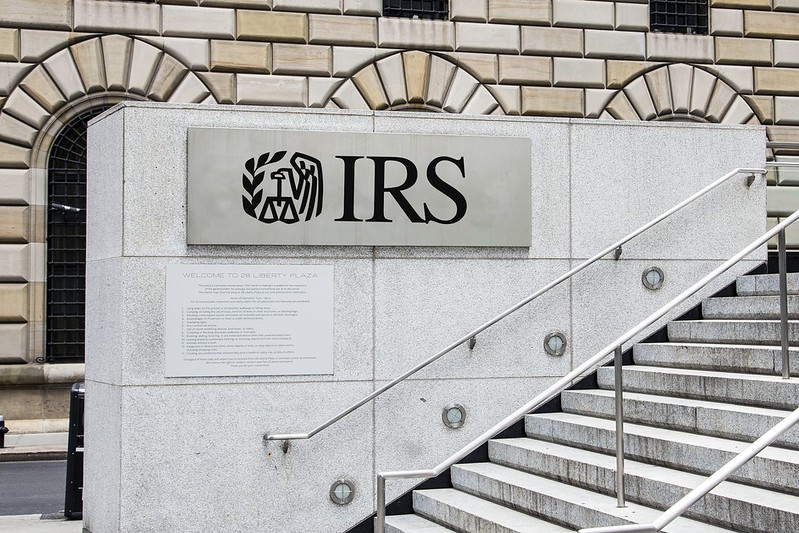Japan’s Financial Services Agency has flagged five major crypto exchanges, including KuCoin and Bybit, for operating without mandatory registration, exposing users to financial and legal risks. The warning highlights the dangers of unregistered platforms in Japan’s tightly regulated cryptocurrency market.
Japan’s FSA Flags Unregistered Crypto Exchanges
In a report by CoinPost, the Japanese Financial Services Agency (FSA) has identified five cryptocurrency exchanges that serve Japanese customers without requiring them to register. Bitcastle, KuCoin, Bybit, MEXC Global, and Bitget are among the exchanges that have been warned. Without proper license from the FSA or municipal financial bureaus, these platforms were involved in cryptocurrency trading in Japan.
The lack of registration on these sites raises significant issues about their oversight. To safeguard their clients, registered exchanges in Japan are required by law to follow stringent compliance protocols for cryptocurrencies. Top cryptocurrency exchanges that aren't registered evade rules and put their customers' money at danger.
Lack of Oversight and Asset Segregation Concerns
In addition, the FSA stressed that unregistered exchanges are not subject to regulatory oversight, which makes responsible operation management challenging. Because platforms may combine client funds with operational assets in the lack of asset segregation, this creates a serious problem.
Additionally, users who do not register with the platform do not have access to the legal safeguards afforded to them by Japanese law. Customers are unable to seek redress in the event of a dispute or unforeseen event like bankruptcy or vulnerability breaches. They run the risk of incurring losses due to their failure to comply with regulations.
Japan’s Strict Registration Requirements for Crypto Platforms
Registration with the Japan FSA or a municipal financial bureau is a legal requirement for any company providing bitcoin trading services in Japan. The platforms must operate inside a strict regulatory framework, as this is a prerequisite. The administration of assets and the conduct of business by registered exchanges must be subject to rigorous regulations and open and transparent.
Users are reminded by the warnings issued by the Japan FSA to check the compliance status of crypto platforms. To safeguard consumers and keep markets honest, Japan adopts strong measures.
Global Implications of Japan’s Crypto Regulation Strategy
This caution also fits in with Japan's larger plan to control the bitcoin industry more closely, Coingape points out. An article claims that in an effort to clarify regulations and encourage innovation in digital assets, the government has reorganised its Web3 leadership.
Restoring Japan's position as a global leader in crypto and Web3 will depend on the country's regulatory strategy, which is essential for restoring user confidence in the sector.
The Financial Conduct Authority (FCA) of the United Kingdom has stated its intention to complete all-encompassing crypto laws by the year 2026, in response to the heightened worldwide regulatory climate. This action will bring stablecoins, crypto loans, and trading platforms in line with global leaders such as Singapore and Hong Kong.































Comment 0